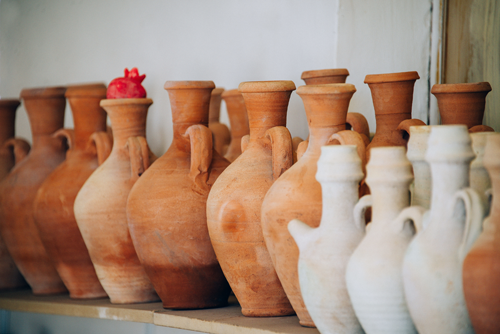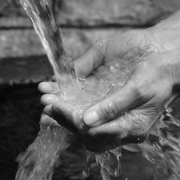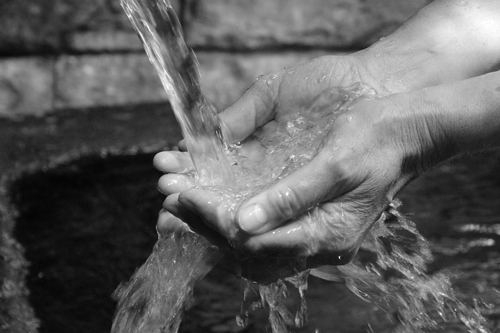Filling Empty Vessels
Then he said, “Go, borrow vessels from everywhere, from all your neighbors—empty vessels; do not gather just a few. And when you have come in, you shall shut the door behind you and your sons; then pour it into all those vessels, and set aside the full ones.” (2 Kings 4:3-4)
This was the word from the prophet Elisha to a widow who was so poor and in debt that she and her son were about to be sold into slavery for the money they owed.
In the kind of faith that desperation brings, she asked all her neighbors for whatever container she could borrow from them. Gathering the containers together in her home, she took the last small remaining bottle of oil and began to pour it into the assembled vessels. The prophet would not do this for her; she had to step out in faith herself.

I’m sure her heart beat fast as she began to pour. The oil flowed out of the small battle and into one of the borrowed containers, and it kept on flowing. By a miracle, through the promise of God, the laws of physics were temporarily suspended and a small bottle of oil filled many larger containers.
The widow gathered the vessels in faith, and the measure of the miracle was determined by the measure of her faith in gathering. In this case, the only limit was the limit of what she made available to God. When one container was filled she set it aside and went on to the next empty vessel, until they were all filled.
The oil miraculously flowed as long as the vessels were gathered, assembled, and ready. When the people of God are gathered in faith, assembled in order, and ready to receive, they will see God work among them.
One more thing to consider: all those borrowed vessels also had to be emptybefore they could be filled with oil. We can be too full of ourselves, too strong in ourselves, for God to really do His work in. Charles Spurgeon said, “A full Christ is for empty sinners, and for empty sinners only… It is not our emptiness, but our fullness which can hinder the outgoings of free grace.”
God can work miracles through our emptiness – as long as faith is ready to receive His filling. His strength is perfected in our weakness (2 Corinthians 12:9).






